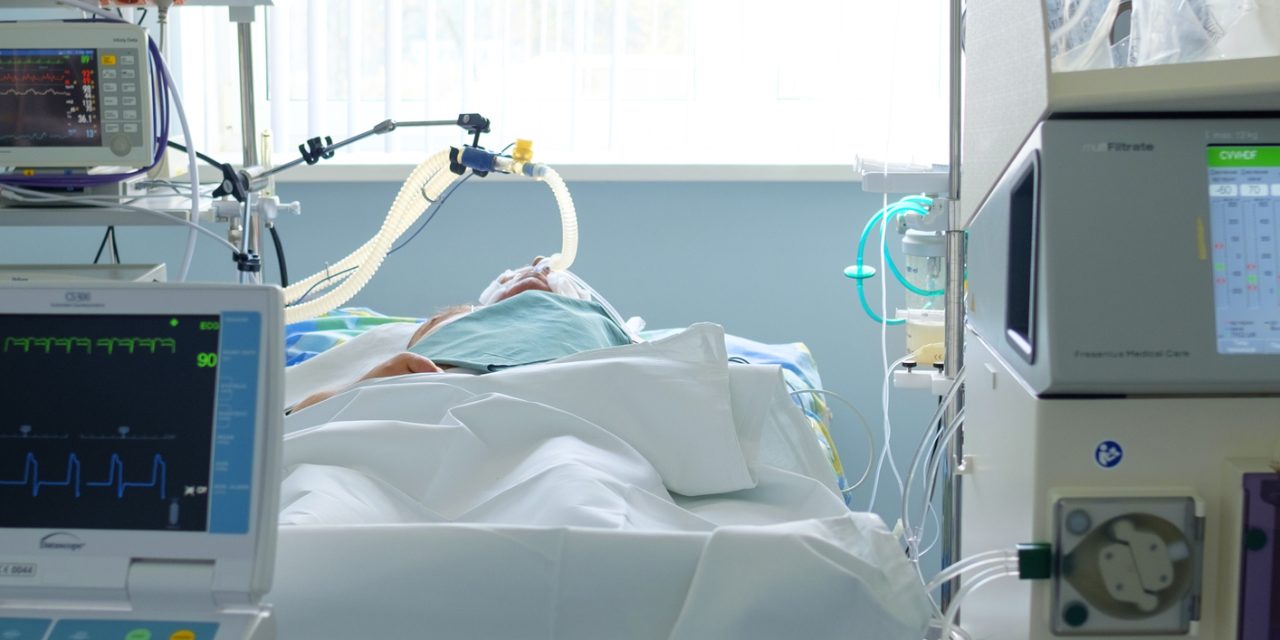Ferroptosis plays an important role in traumatic brain injury (TBI). The p53 protein is a major mediator of ferroptosis. However, the role of p53-mediated ferroptosis in TBI has not been studied. Sirtuin 2 (SIRT2) exerts a protective effects role in TBI, although the underlying mechanism of this protection remains unclear. In the present study, we tested the hypothesis that that SIRT2 mitigates TBI by regulating p53-mediated ferroptosis.
To model TBI in mice, we used the controlled cortical impact (CCI) injury method. We found that ferroptosis was significantly activated by CCI, and peaked 3 days following CCI, as evidenced by upregulation of GPX4 and SLC7A11, increased content of decreases glutathione, lipid peroxidation, malondialdehyde and ferrous ion. Inhibition of ferroptosis significantly alleviated neurological indications and brain edema. In addition, knockout of p53 significantly blocked ferroptosis following CCI. Furthermore, we found that inhibition of SIRT2 upregulated the acetylation of p53, as well as p53 expression, and exacerbated ferroptosis following CCI. Interestingly, knockout of p53 rescued the SIRT2 inhibition-induced exacerbation of ferroptosis.
These findings indicate that p53-mediated ferroptosis contributes to the pathogenesis of TBI. Furthermore, we demonstrate that SIRT2 exerts a neuroprotective effect against TBI by suppressing p53-mediated ferroptosis.
Copyright © 2021 Wolters Kluwer Health | Lippincott Williams & Wilkins.
SIRT2 inhibition exacerbates p53-mediated ferroptosis in mice following experimental traumatic brain injury.


